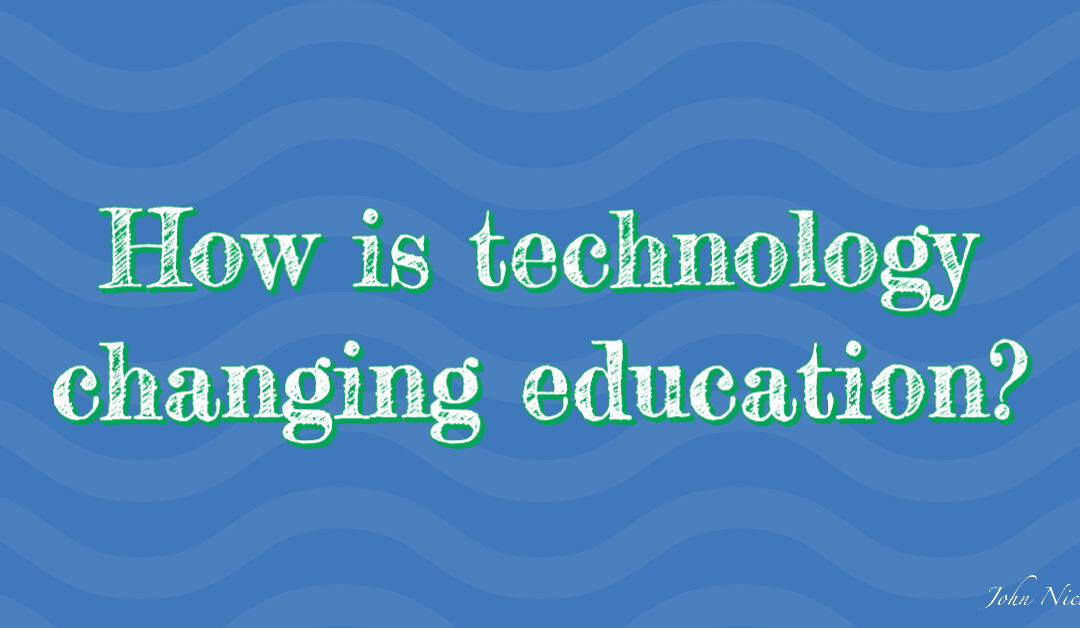It is no secret that technology is an ever present part of our lives from checking the weather to seeing a virtual doctor. The possibilities are truly endless, and it is therefore interesting to consider what impact technology is having on the famously rigid education system in the UK. On the surface, we have seen the emergence of eBooks, sophisticated online courses which result in valuable accreditations, awards and qualifications. Furthermore, there are already apps that allow teachers to set homework for students or monitor class performance.
It is evident children and young people have more access to technology and the internet. They undoubtedly use it more, but what proportion actually use them for educational purposes? We are quick to assume that more exposure means more use in this context. However, as many teachers will know, an important element of student learning is engagement. The classroom is now competing with the alluring likes of Snapchat, smartphones, the iPad, virtual reality games and so much more. Resistance is futile, so how can we merge the worlds of ed and tech and how are we doing so far?
Classrooms are undoubtedly becoming more collaborative and innovative as technology has made project-based learning a common feature in the classroom. Technological advances in education are allowing students to develop character and employability skills such as responsibility and teamwork. The presence of technology in the classroom has shifted the traditional teacher – student relationship. The teacher, although still a subject expert, can now act more as a facilitator that guides students rather than an information machine. Access to learning beyond the classroom is rapidly rising which is an exciting prospect.
Although change is happening, there is still a way to go; one area of focus needs to be on creating highly efficient platforms, like Get My Grades. These platforms should be competent enough to take a lot of the workload off teachers and that link schools, parents, tutors and more in the process of student learning. They will make students accountable for their learning again, whilst allowing them to excel and reach their greatest potential. Perhaps the question we need to be asking is how technology should be changing education and what we would like that change to look like.

